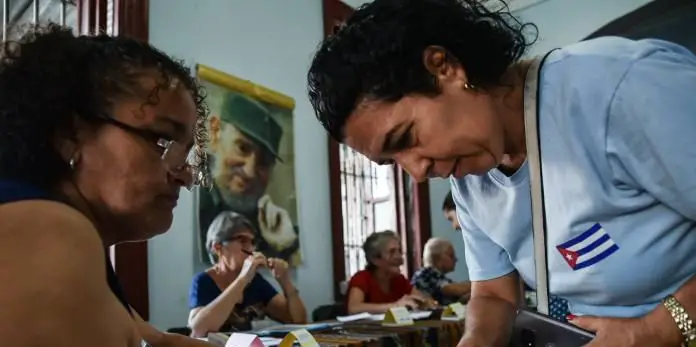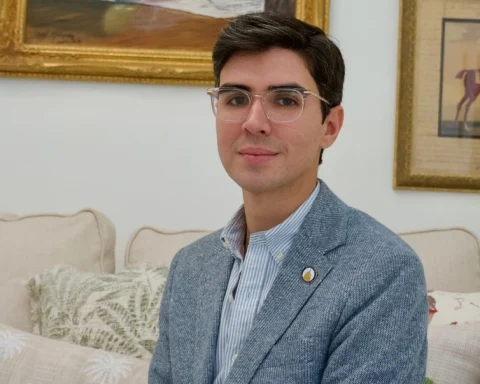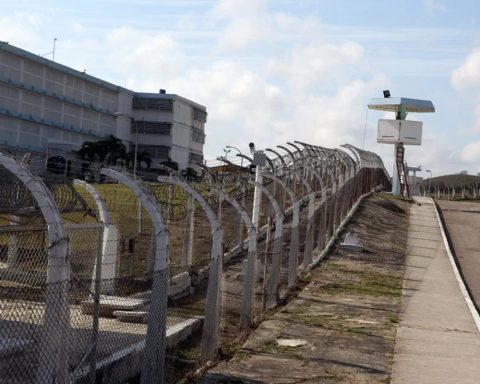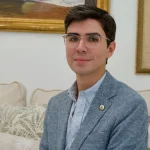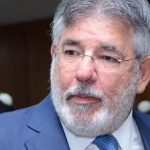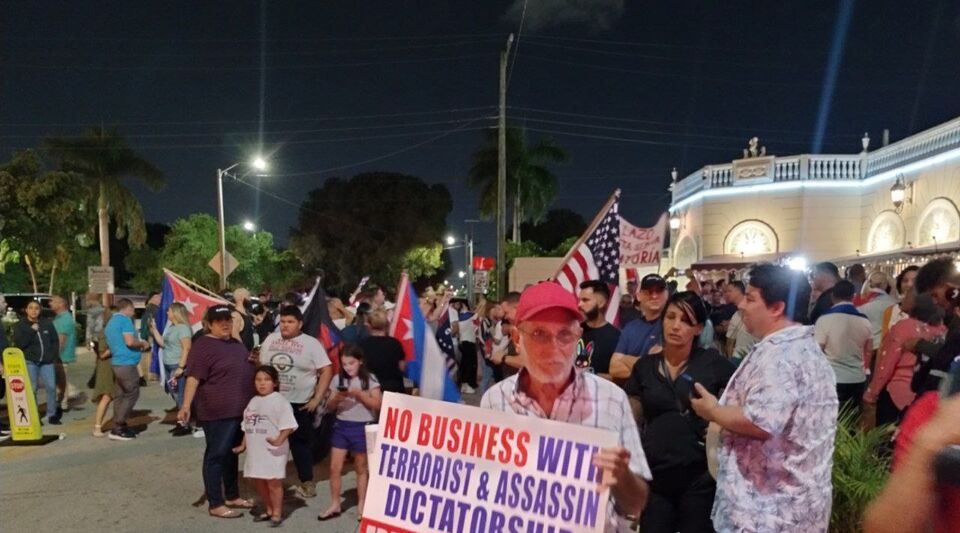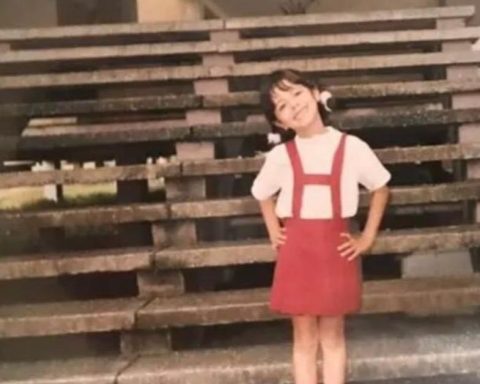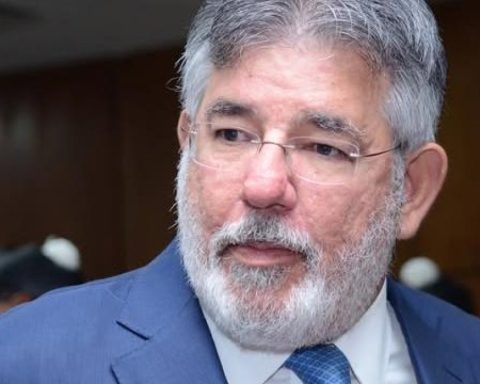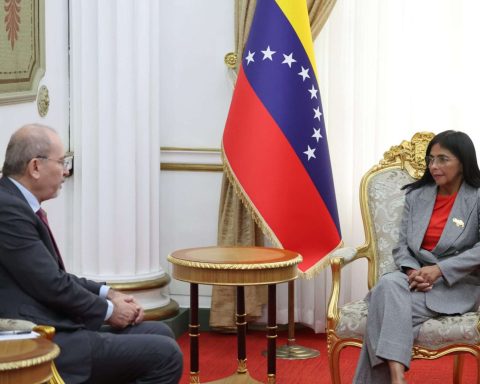Havana Cuba. – During the celebration of a plenary session of the Provincial Committee of the Communist Party in Havana, its first secretary, Luis Antonio Torres Iríbar, took advantage of the occasion to refer to the “elections” that will take place on March 26.
The official, as the first objective of the ruling party for this process, mentioned the strategy led by Fidel Castro, which is based on the so-called “united vote.” straight away pointed that, “secondly [había que] teach to vote It’s not for one, it’s for all. That is why we must explain, argue so that no one gets confused”.
It really makes us laugh that in a country where its leaders boast of having eliminated illiteracy, and of having a population with a high level of education, someone has to be taught to put a simple cross next to the name of the candidate of their predilection.
That “teaching to vote” to which the partisan chief refers consists of making the voters not limit themselves to putting the little cross next to the name of a candidate, but rather putting it in the circle located at the top of the ballot, and that says “vote for all”.
The ruler Miguel Díaz-Canel Bermúdez has tried to justify the united vote, stating that in this way it is possible for lesser-known candidates to also receive the vote of the voters. However, many voices believe that it is the opposite. That is to say, it constitutes a government maneuver to guarantee that no figure in the leadership of power is left without receiving more than 50% of the valid votes, and therefore is elected to the National Assembly of People’s Power.
Here we include the high levels of the Communist Party, the main government officials, some symbolic figures for the system (such as the case of Elián González), artists and athletes committed to the regime, as well as the Generalate of the Armed Forces and the Ministry of the Interior.
As always happens when Castroism is going to submit a document to the voters, or when an electoral event is going to be held in the country, all the media are given the task of promoting the point of view or the alternative that It suits the regime. Of course, it is the only propaganda that is allowed.
For several days the newspaper Granma and several of the national television channels are dedicated to showing the photos and a biographical synthesis of the 470 candidates for deputies to the Castro Parliament. Similarly, it is reported the visits that these candidates for deputies make to the regions of the country where they were nominated.
The fact that many of the candidates imposed by the government leadership barely have working relations with the municipalities that nominated them is striking. Which means that, after they are elected on March 26, it is very likely that they will no longer travel through those territories. A typical case would be that of Raúl Castro and the municipality of Segundo Frente, in the province of Santiago de Cuba.
And the regime’s pre-election propaganda cannot be separated from the authorities’ concern about the rising rate of abstentionism that has been registered in recent events of this type.
Turnout at the polls when the 2019 constitutional referendum was 90.15%, already somewhat distant from the 90-odd percent registered in previous elections. Three years later, in the vote on the new Family Code, only 74.12% of the voters went to the polls. Therefore, the regime has plenty of reasons to worry.
OPINION ARTICLE
The opinions expressed in this article are the sole responsibility of the person who issues them and do not necessarily represent the opinion of CubaNet.
The post Teach to vote, or urge to vote for the hierarchs of Castroism? appeared first on CubaNet.
